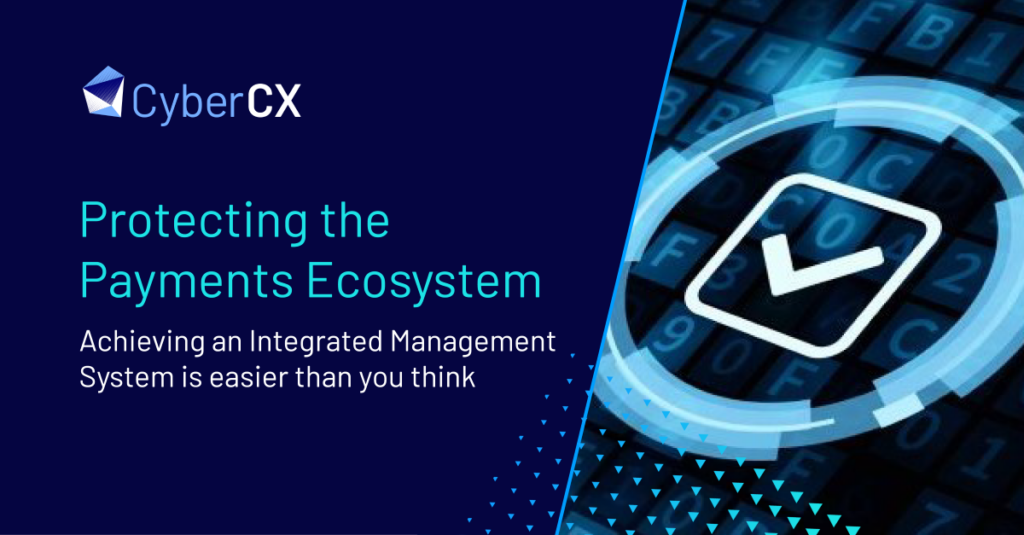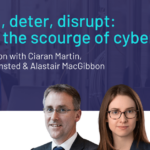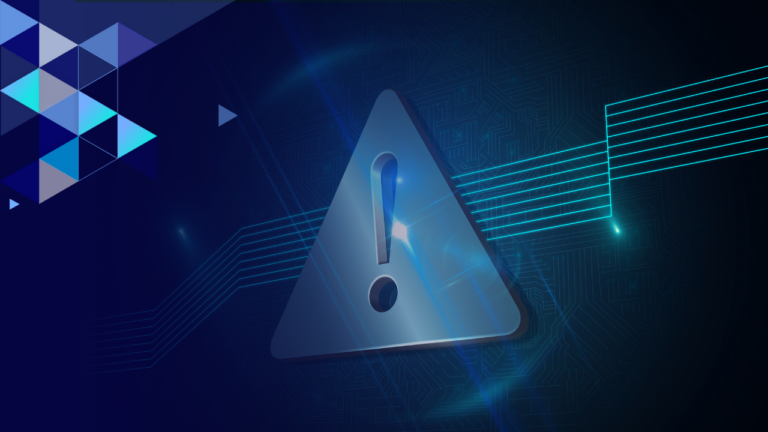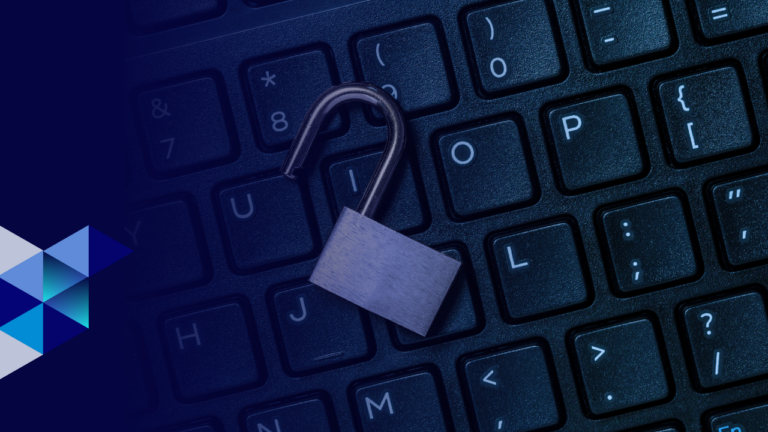Protecting the Payments Ecosystem
Data Protection, Data Protection & Privacy, Governance, Governance Risk & Compliance, Risk and Compliance, Security Education

The digitalisation of the payments Industry
The digitalisation of society has remodelled almost every aspect of our daily lives. Just think, only two decades ago, the chequebook still reigned supreme, and the only way you could connect with your bank was by dropping into your local branch.
Now, with thanks to rapid digitalisation, we have contactless card payments and in-app banking. We have immediate, instantaneous cross-border payments. We can trade and get paid in all major currencies, straight to our phone. Through the proliferation of financial technology, we have gained expediency, more control, and more efficiency, when managing our finances. We have become mobile banking units and virtual tellers. There is almost nothing we can’t do from our devices these days, so, we must consider how important it is to protect ourselves, and our businesses, online.
The world of digital payments is wonderfully smart and indeed, consumers and commercial enterprise alike have reaped the benefits of our modern digital payments’ ecosystem. We therefore are all inherently responsible for its safeguarding. With the great opportunities introduced by digital commerce, also comes the significant challenge of ensuring business and consumer data confidentiality.
Protecting the payments ecosystem
A digital payments ecosystem is ineffective without adequate protection of user card-data. In both professional and personal services how can a digital future be pursued if there is no guarantee of the security of the businesses? If we cannot protect online commercial transactions, how then can we expect the consumers of the future to use our services?
Whilst we can all hope that the ongoing public health crisis may soon abate, we must recognise the new world of work. We cannot, with any degree of certainty, predict what a post-pandemic workplace might look like. Working from home will, for many companies, continue to be the norm, raising new payment industry challenges concerning security and fraud. As we move towards that unknown future, we can find utility in the uncertainty. We can take this opportunity to reinvigorate our broader privacy and security goals. We must act swiftly but precisely because, as the public health crisis begins to fade, the likelihood of malicious compromise only continues to multiply.
Cybercrime is on the rise
Across the world and in almost every sector of business, cybercrime is on the rise. According to SonicWall, in the US and UK, 78.4 million ransomware attacks were recorded in June 2021, equating to about 9.7 ransomware attempts per customer for every business day. SonicWall’s report produces another startling fact: In 2021, cybercrime activity grew an estimated 233%, when compared to 2020.
The surge of cybercrime should be of concern to us all, especially those in the financial industry. Sure, governments are accountable for our safeguarding, especially from non-domestic cyber-threats, but we, as private businesses, and sole traders, must also stand up and take ownership for the protection of our consumers’ card holder data. There is an old idiom: “prevention is better than the cure.” When it comes to your security, there is no truer statement. With remote working and virtualised infrastructure, it has never been more important to design and implement a comprehensive, PCI compliant, security architecture solution.
Achieving greater security with an Integrated Management System (IMS)
As many of us know, adherence to PCI is not a legal requirement but instead, a moral choice. Your compliance is vital, to safeguard the digital payments ecosystem, the system we all value, cherish and rely on, when conducting our daily business. To my mind, PCI compliance is not only logical but entirely proper.
Becoming PCI compliant does not have to be a laborious, time costly exercise. Understandably, the process of updating password management systems, of delegating security responsibilities to team members, of updating cloud-based software and firewalls, may seem daunting. Though, the road to becoming PCI compliant is much smoother than you may think.
CyberCX believes that an Integrated Management System (IMS) is the most expedient and beneficial means of achieving greater organisational security. An IMS draws on the technical proficiencies and leadership skills of members from across your organisation. Through the establishment of leadership teams, smart planning, the effective allocation of resources, and engagement of operational methodologies, we are able to reboot and redefine what security truly means.
Watch my presentation for practical suggestions on how your organisation can get started with the adoption of security best practices and how an integrated management system can be a cost effective way to achieve certification and compliance. In an age of rising cybercrime, compliance has never been more important.
How can CyberCX help?
Let our consultants expertly guide you through each stage of your PCI DSS compliance journey.
Speak to an advisor today for further details about our PCI DSS services.






